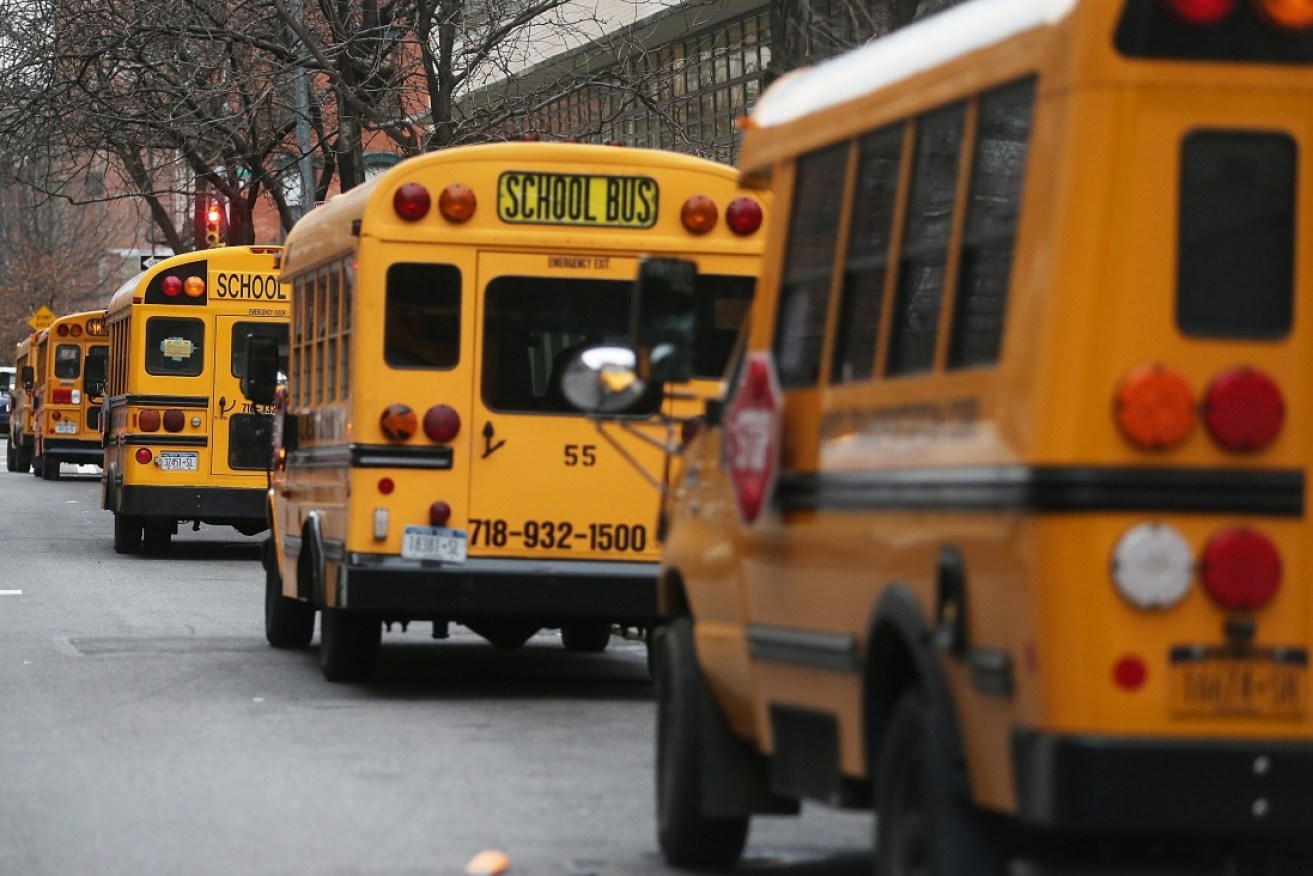Four-day school week improves results: US study

Getty
Casual Fridays could take on a whole new meaning if Australian educators embrace the results of a US study that has linked a four-day school week with improved test scores.
The Georgia State University study found students at US schools that run a four-day week achieved significantly higher maths test results, with no impact on reading scores.
Before students get too excited, it should be noted this doesn’t mean fewer hours, with the study only factoring in schools that had extended class times during the four days to make up for the time lost on the extra day off.
• Scientists invent melt-proof ice cream
• Dead tamagotchis and our primary school struggles
• Genius Aussie teen wins ‘astounding’ Brain Bee final
The study focused on Colorado, New Mexico, and Wyoming schools that had been forced over to a four-day week not on account of some bold academic experiment, but because of budget cuts.
Georgia State University researcher Mary Beth Walker said the results were the opposite of what was expected.
“We thought that especially for the younger, elementary school kids, longer days on a shorter school week would hurt their academic performance because their attention spans are shorter,” she said.
“Also, a longer weekend would give them more opportunity to forget what they had learned.”

Researchers found a four-day school week had a significant impact on math scores.
Professor Walker said the unexpected findings could be attributed to a number of things, including less absenteeism among students who would be able to put off a dentist appointment until the day off, as an example.
She theorised that the ones really benefiting from the extra day off were not the children, but the adults.
“My own personal hypothesis is teachers liked it so much – they were so enthusiastic about the four-day week – they did a better job,” she said.
“There’s some evidence in other labour studies that four-day work weeks enhance productivity.”
Murdoch University’s Dr Anne Price, a specialist in curriculum development for practitioners and professional issues for teachers, expressed reservations about how this would be applied in Australia.
She told The New Daily that while she had not yet read the study, she was sceptical of a “one-size-fits-all solution”.
“The length of the school day or week could only ever be seen as one possible factor among many,” she said.
“If it were to have any impact at all it would have to be contextualised within classes, schools, systems, countries and so on.”

Some US states found less may be more when it comes to primary children. Photo: Getty
She noted that giving kids an extra day off school per week could impact on the working and childcare arrangements of working parents, wages for teachers, and risk further overcrowding of the curriculum.
Dr Price conceded that there might be some benefits depending on the student, school and community.
“As with all good decisions, this should be worked out at a local level where all stakeholders are involved in meaningful discussions about the impact on them in their context,” she said.
Some Australian schools have already tried out the approach, including Bankstown Senior College and Five Islands Secondary College in NSW.
Bankstown Senior College principal Anne Doyle advertises the model as allowing for greater flexibility.
“Students can pursue employment opportunities, reduce travelling time or complete family commitments in one extra day per week while still receiving a full-time education,” she wrote in the Principal’s address.
Another school – Maleny High on the Sunshine Coast in Queensland – is walking away from a four-day arrangement, however.
The school is looking to roll back a long-running policy of allowing students to take Wednesdays off to do apprenticeships, study or attend part-time work.
The school is justifying the proposed changes on the outcome of a review of the senior student’s assessment and attendance data.
Unsurprisingly, the reaction from Maleny High students has not gone down well, with Year 11 student Ruby Angell starting a petition against the proposal that has so far attracted more than 400 signatures – truly inspiring to see kids so concerned about their academic futures.








